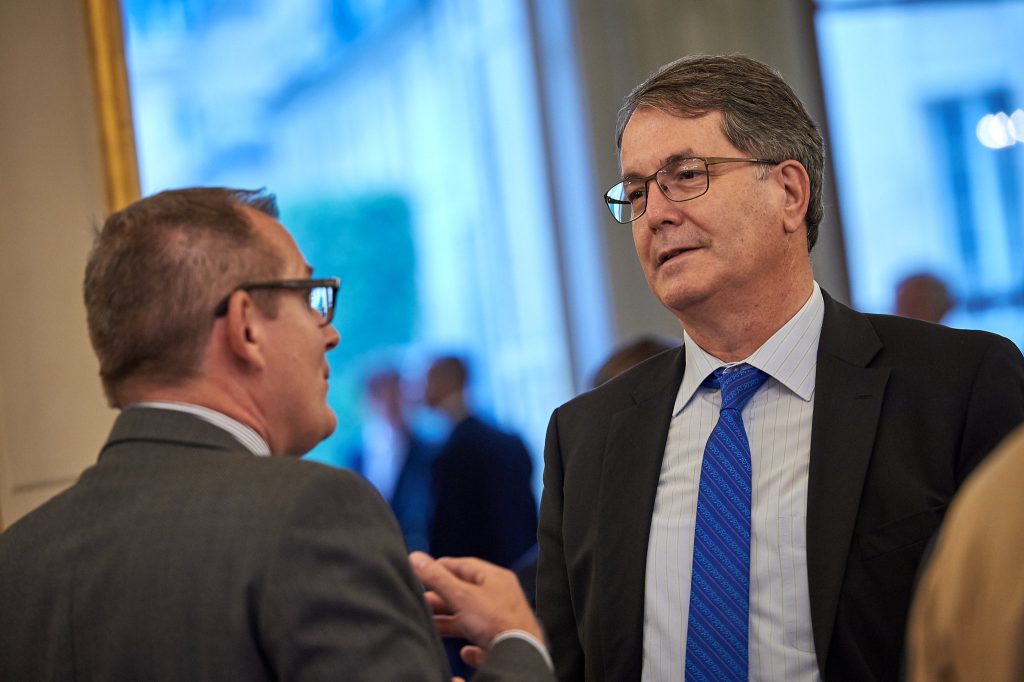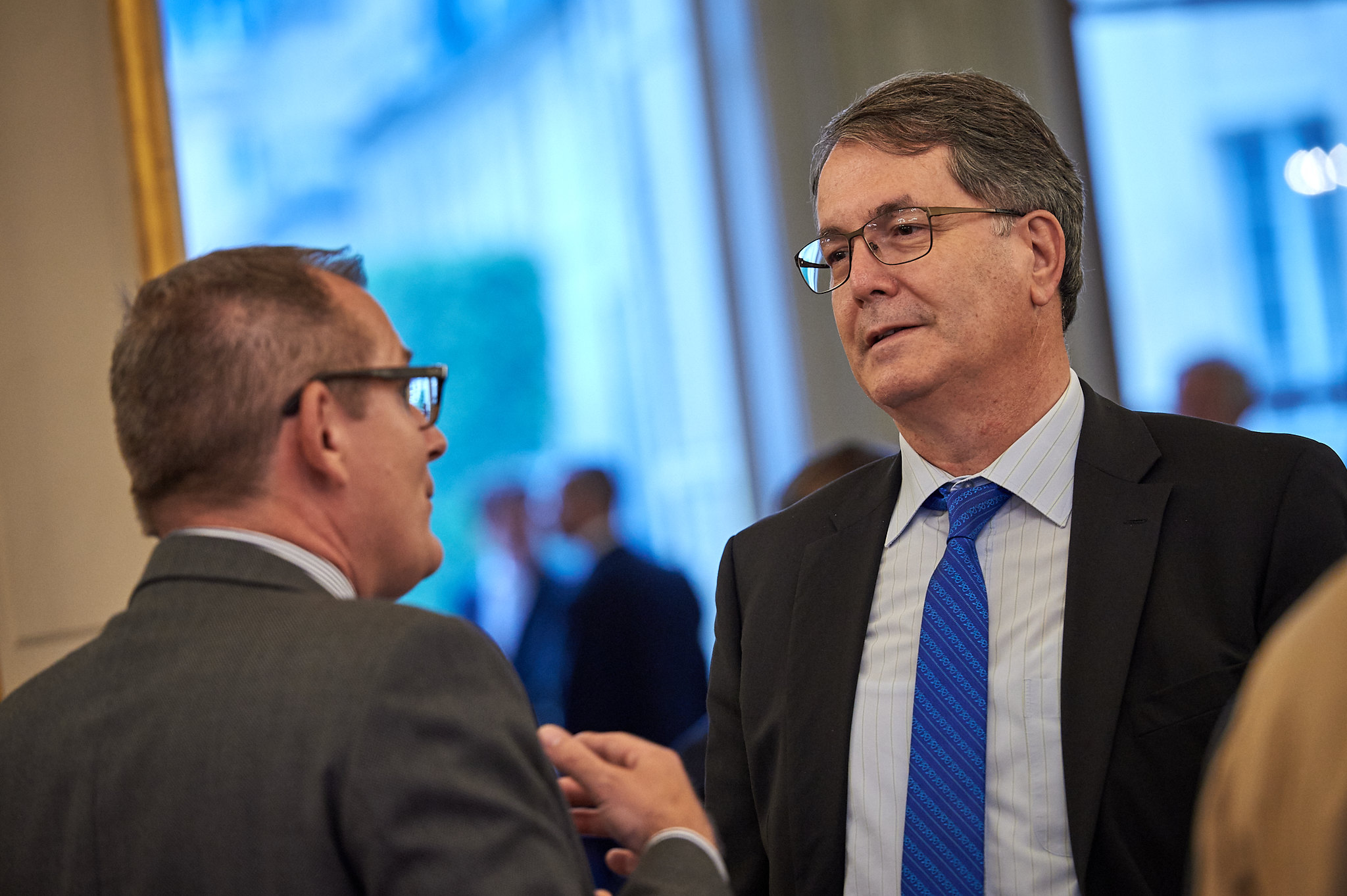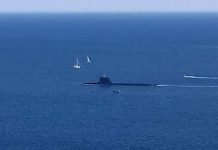
New head of the European Defence Agency, Jiří Šedivý, took up the post in the midst of crisis. In a Q&A with Science|Business, he says the pandemic makes cooperation in defence research even more important
Science|Business: How has the pandemic changed life at the European Defence Agency?
Jiří Šedivý: The crisis has some practical implications, of course, as we had to put precautionary measures in place, including teleworking, to protect staff, stakeholders and partners. The agency’s output, however, has not really been impacted thanks to adjustments in the workflow and the extensive use of written procedures and video teleconference calls. Overall, the practical repercussions on our work are limited. As for strategic planning, the crisis has created a somewhat more volatile general context. We will thus have to adapt to new situations and requirements as they occur.
Having said this, since my arrival as the agency’s new chief executive on May 4, I have been focusing on two specific aspects as a matter of priority. First: business continuity. Whatever the consequences of COVID-19 might be, they will not make disappear the need for our member states to strengthen the full spectrum of Europe’s defence capabilities, and to do it through cooperation. On the contrary: this crisis makes defence cooperation even more indispensable. Therefore, we must keep course, continue the implementation of the new EU defence tools (CARD, PESCO, European Defence Fund) and pursue the many collaborative projects we have launched at EDA together with our member states – currently more than 110 ad hoc R&T and capability programmes and projects as well as over 200 other activities.
Secondly, we try to mitigate the potential impact of the COVID-19 crisis on defence cooperation because chances are high that COVID-19 will lead to cuts in national defence spending. Our message is clear: more cooperation, more pooling and sharing of knowledge, resources and capabilities is the best response to the threat of shrinking defence budgets.






